Discover Siberia: Irkutsk city is your springboard to the mystical land

Mail This Article
The mere mention of Siberia evokes a sense of remoteness and extreme cold, images of snow-clad terrain, vast and sparsely populated land as well as chilling memories of exile and forced labour. The territory and its sub-zero temperatures can be fascinating and forbidding at the same and it all depends on your tolerance for extreme cold temperature and the readiness to venture into difficult terrain in far-flung areas. Irkutsk, one of the largest cities in Siberia, could be your springboard to this mystical land.
Tourists who are not from cold climes may find Irkutsk, a city in east-central Russia, tolerable and inviting, especially in autumn when you can even expect short periods of Indian Summer. But expect the opposite in the port city of Yakutsk – the coldest city in the world, 1,857 km away; the village of Oymyakon, which is further east, is colder than Yakutsk. Oymyakon is famed as the "coldest permanently inhabited place" anywhere in the world.
Where is Irkutsk?
Irkutsk, which is the capital of the Russian province of Irkutsk Oblast, is in the east-central part of the country and southeastern Siberia. This early centre of Siberian trade is almost midway on the over 9,000 km Trans-Siberian Railway route stretching from western Russia to the Far East. The city's growth and significance since its origin in the 17th century stem from its location on the banks of the Angara River and on the Trans-Siberian route. Baikal, the world's largest freshwater lake which is about 60 km to the south, also has a profound influence.
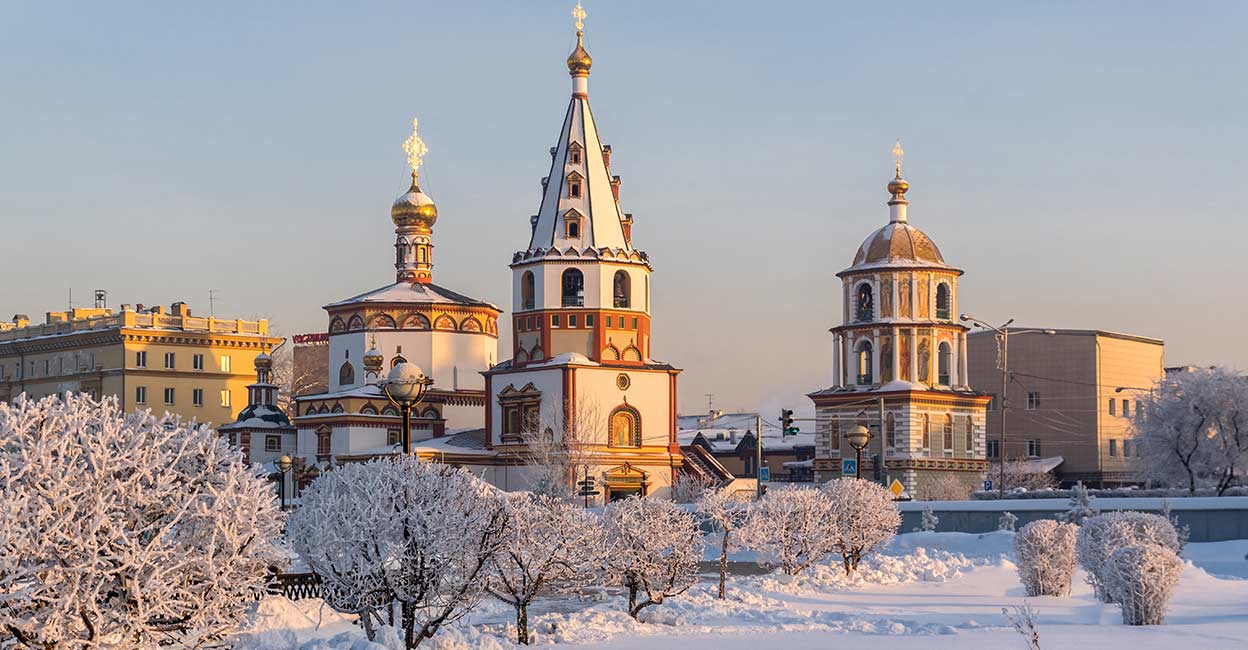
What to see
Irkutsk is the cultural hub of Eastern Siberia. Its appeal for tourist lies in its well-preserved cultural and historic heritage. Ironically, city's culture was moulded by talented Russian elites and artists banished to Siberia after the Decembrist revolt (of 26 December 1825) against the Tsar. Another major wave of deportation to Siberia was to follow soon with the establishment of the Soviet Union a few years after the fall of the Tsarist regime in early 1917.
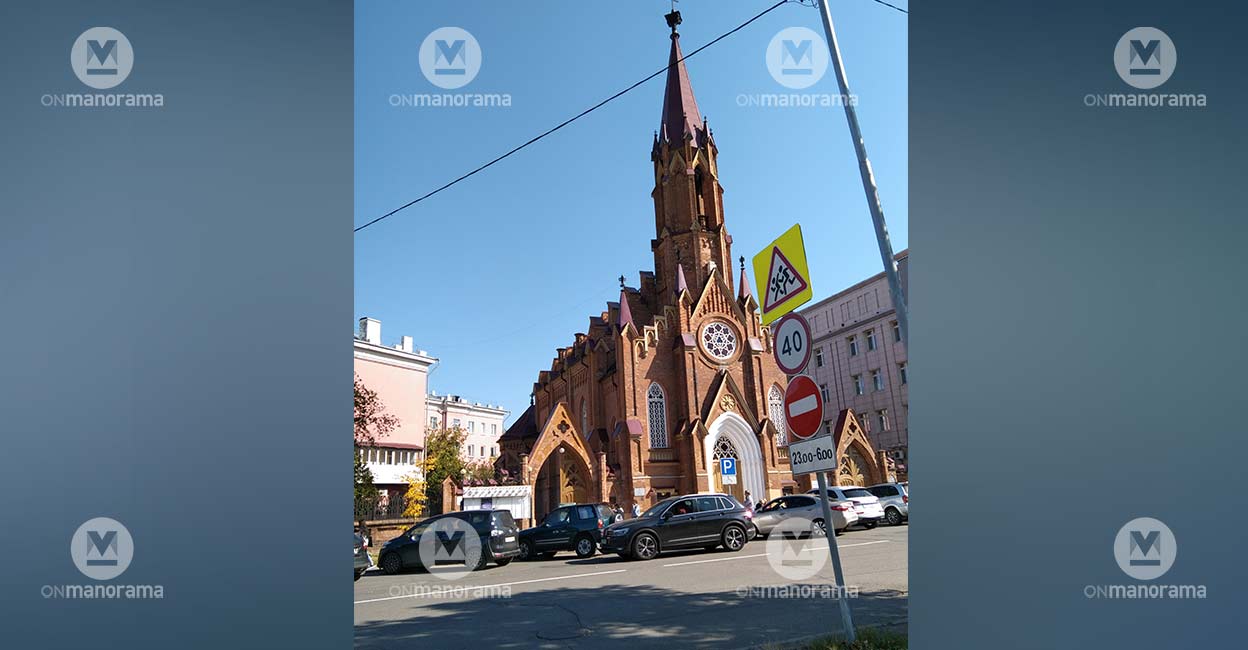
By the turn of the 20th century Irkutsk was touted "The Paris of Siberia" for its early brush with modernity in the erstwhile Russian Empire after rebounding from a major fire in 1879. Unfortunately, wild fires in the Irkutsk region are a persisting threat, gutting vast swathes of the Russian Taiga – one of the largest forested parts of the world.
Several churches, museums and theatres in this compact city should be on the priority list for your city tour.
The art, iconography and architecture of the Orthodox Churches here are sure to impress the faithful and the aficionado. The beautiful churches survived the Soviet-era shutdown or demolition risks. The ones you should visit are the Holy Cross Cathedral, Cathedral of the Kazan Icon of the Mother of God, Cathedral of The Epiphany, Church of the Savior of the Holy Face.
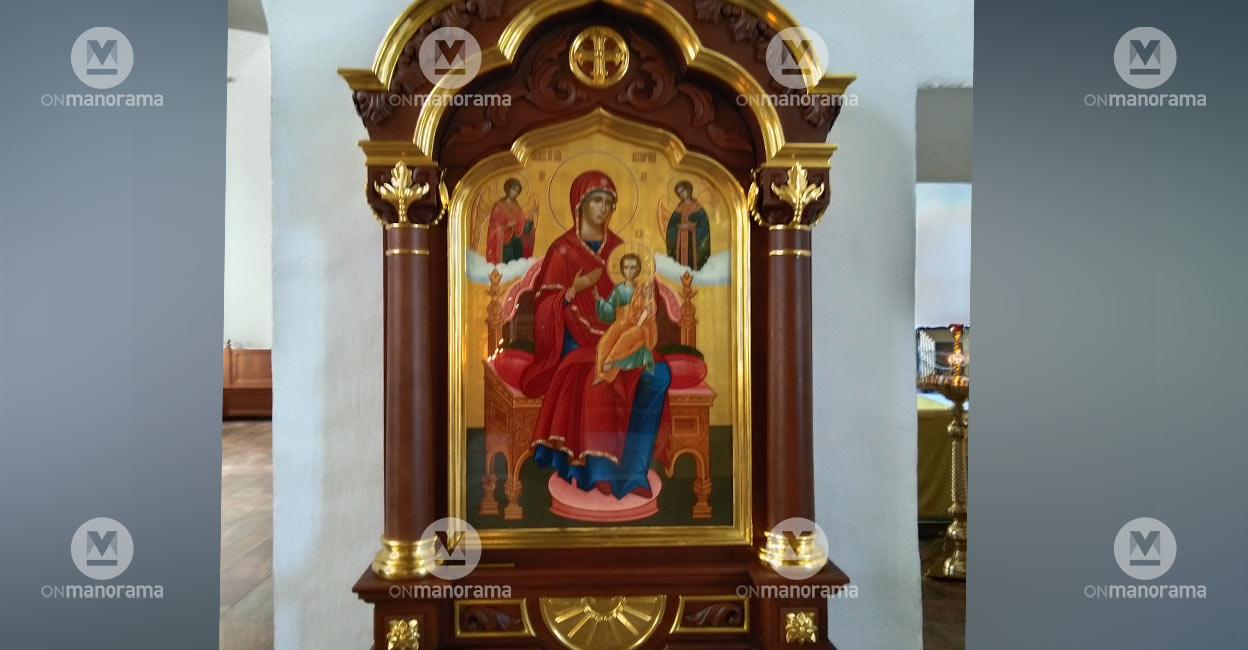
Irkutsk, in fact, is a city of museums. Irkutsk Art Museum, which is one of the oldest of the kind in Russia, has a large collection of works of art, especially by the Buryats – of the two major ethnic groups indigenous to Siberia. Its stone and wood buildings themselves are sights to behold are located in the heart of the city. Other popular museums include the Irkutsk Regional Memorial Decembrists Museum and those on special themes.
Two special tourist attractions, both located on the periphery of the city, are the museum of icebreaker 'Angara' and the Landfill Museum. The former, one of the first icebreakers in the world, was at work on Lake Baikal from 1900 to 1962. The Landfill Museum is the Siberian version of the famed Rock Garden in Chandigarh, India. The open-air facility, which aims to promote sustainable practices, has installations made of waste.
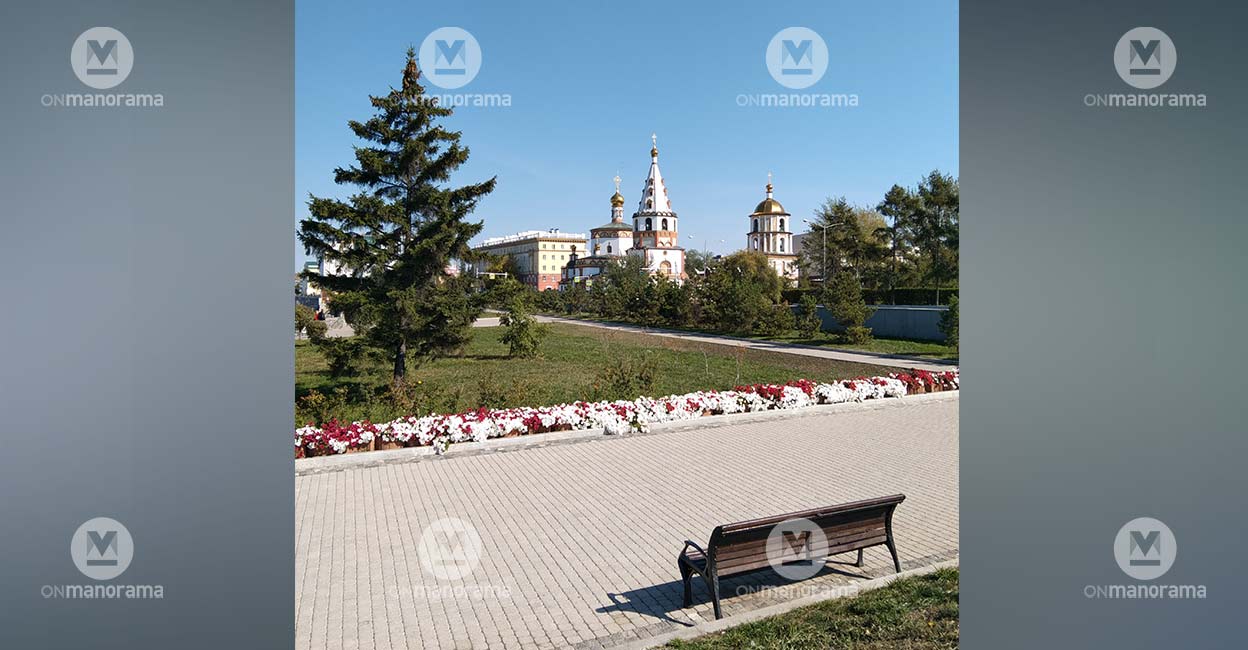
Animal lovers should visit the nerpinary or sealarium, i.e., the aquarium of seals. Freshwater seal, known as nerpa, is found in Lake Baikal.
Within the city, the well-maintained embankments of the river are also popular spots to chill out by locals and tourists. On the banks of Angara, glance at the majestic monument to Tsar Alexander III which was installed to commemorate his conception of the Tran-Siberian Railway. Another monument with historic import is one of Admiral Alexander Kolchak, who was held as the supreme ruler of Russia by counter-revolutionaries during the Russian Civil War (1918–20). His execution by the Bolsheviks in Irkutsk in early 1920 proved to be a turning point in the conflict.
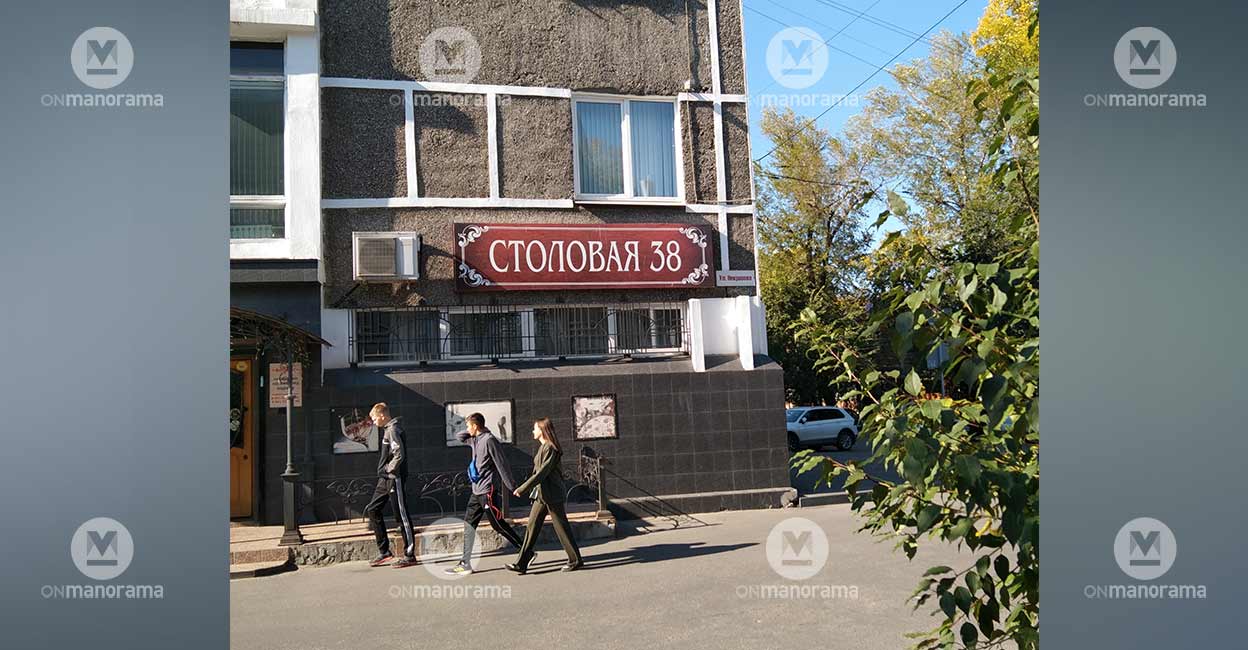
Tree-lined streets flanked by old wooden houses with exquisite traditional Siberian architecture are also rare delights in the city. Imposing Stalinist architecture are in between.
The prime selfie spot is before the sculpture of a mythological monster called Babr which has come to be Irkutsk's striking symbol.
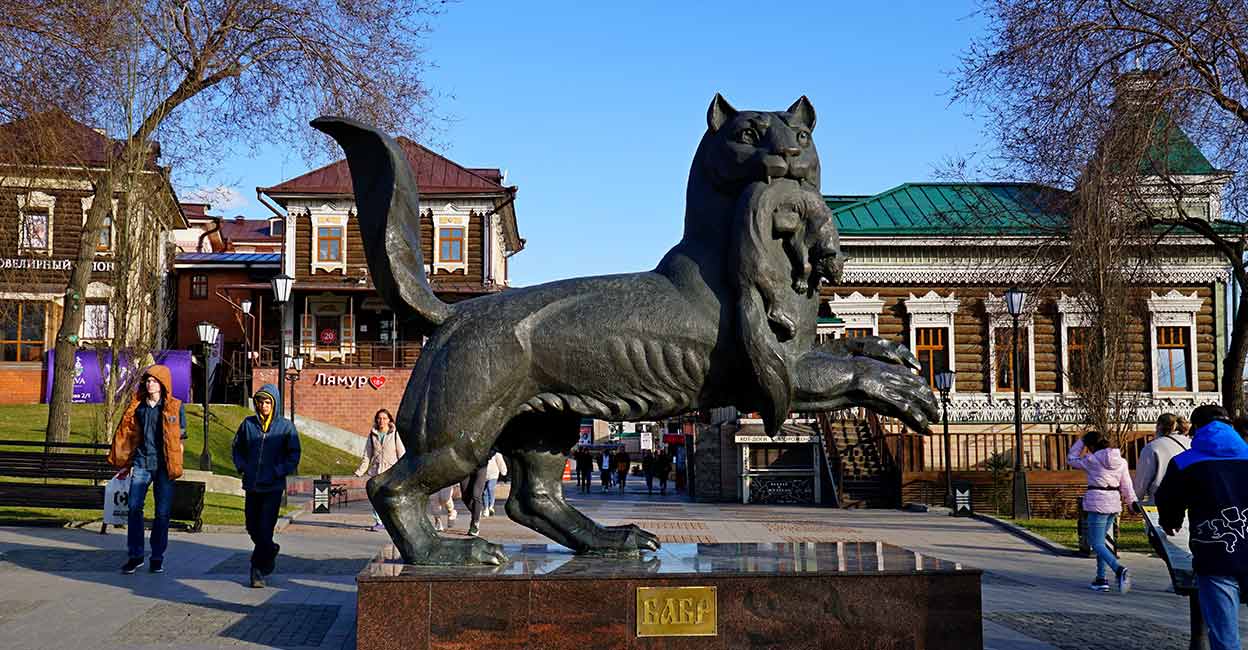
Outdoor activities, including hiking and boating, are aplenty especially in and around Lake Baikal – a UNESCO World Heritage Site. Pribaikalsky National Park which abuts the pristine lake for over 400 km is rich in biodiversity.
If you are arriving in Irkutsk in winter, don't miss the Ice Sculpture Festival on the Lake Baikal. Other popular winter entertainment in other parts of Siberia include ice fishing, reindeer races and dog sledding.
How to travel around
In Irkutsk and in other Russian cities options galore for public transport. The city has trams, trolley buses, taxis apart from cabs and buses. Marshrutka (van used as share taxi) is much relied on by public as they are affordable and provide last-mile connectivity. Self-balancing personal transporters too are popular.
Most tourist attractions in the city are close by and mostly in and around the centre.
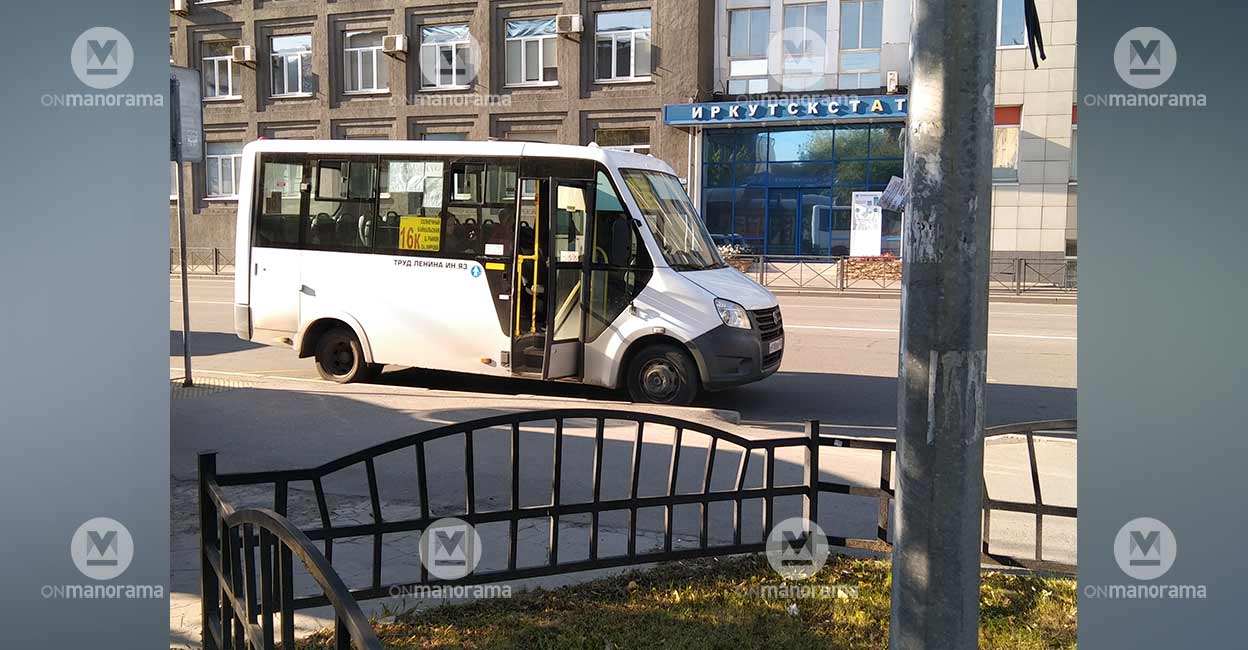
The bus station (avtovokzal) is in the city centre.
ALERT: Those who venture to far-flung parts of Siberia or northern Russia should be ready to put up with dangerous terrain; mudpaths; rides on frozen waterbodies, including rivers, and permafrost (soil that is permanently frozen); mandatory winter closures of certain stretches, especially in areas in sub-Arctic zones; threats posed by wild animals; very long nights etc.
Where to stay
Irkutsk has ample places to stay for tourists. Hotels and hostels are available. The landmark, Soviet-era Angara hotel is in the heart of the city, the Kirov Square, close to the grand building of the Administration of Irkutsk Region. This hotel is a mini-entertainment zone itself with restaurants serving European, Russian, Japanese or Chinese fare; a bar; billiards club; supermarket and a host of other facilities. The Kirov Park is bang opposite.
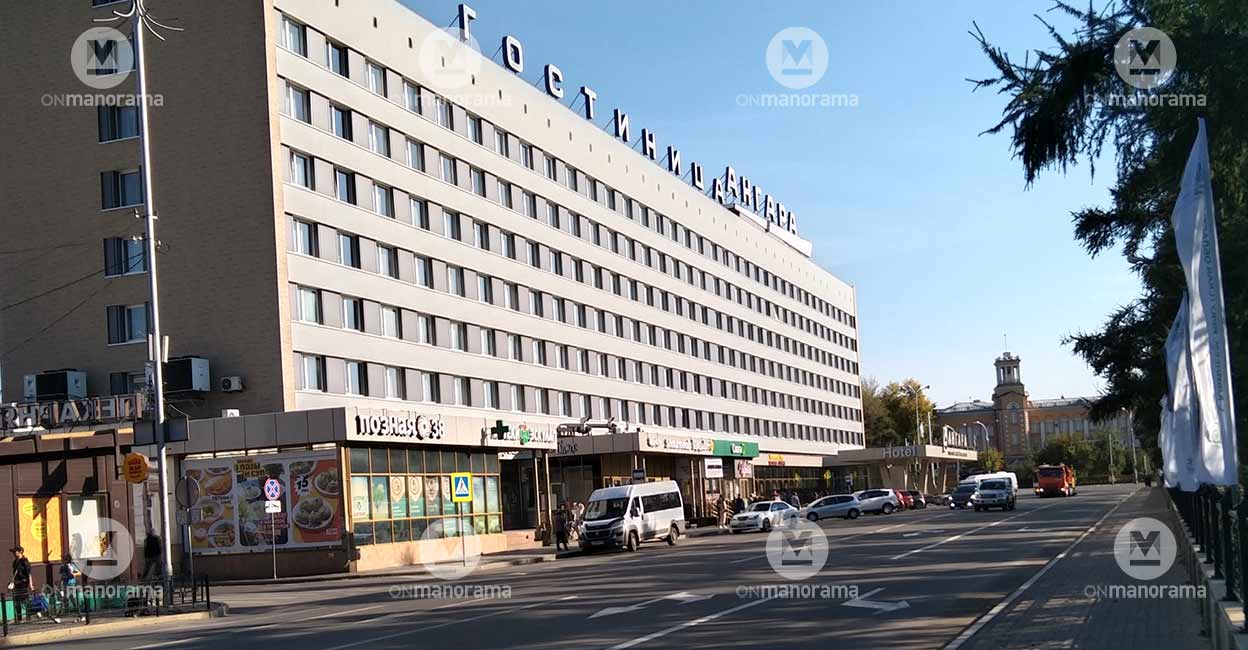
Food: varied fare
With rivers and lake close by and seas not far away, Irkutsk or any other Siberian town has good selection of seafood. Traditional Russian, Siberian and European foods too are available in restaurants in Irkutsk. Mongolian and Japanese cuisines too are on offer. Foodies should proceed to the 130th Kvartal (Quarter) – a busy lane flanked by eateries, cafes and bars housed in decked up old wooden buildings. Souvenir shops and art galleries are in between.
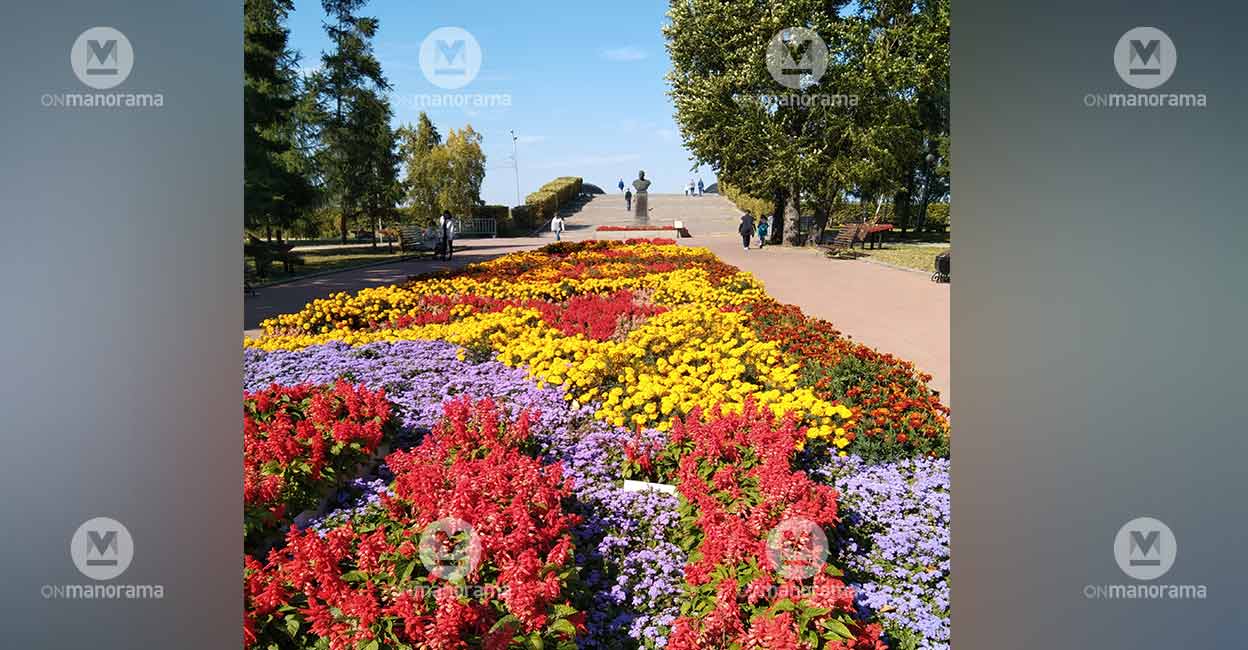
Weather and what to wear
Siberia is thrice as large as India and Russia is about five times bigger than India. In such a humongous area that comprises about 9% of Earth's land surface the weather could be varied in various places. As for the climate, overall, you may expect mostly frosty cold all round the year, but not all parts, except polar and sub-polar zones, would be covered in snow always. In 1933, Oymyakon recorded -67.7°C; this is the lowest temperature so far recorded in any human settlement if research stations in Antarctica are excluded.
If arriving in Irkutsk by late September please carry waterproof jacket, gloves, thermals and winter boots. Snow boots are essential if you are proceeding further to remote polar or sub-polar zones.
Of late, Irkutsk and other parts of Siberia have witnessed erratic weather patterns.
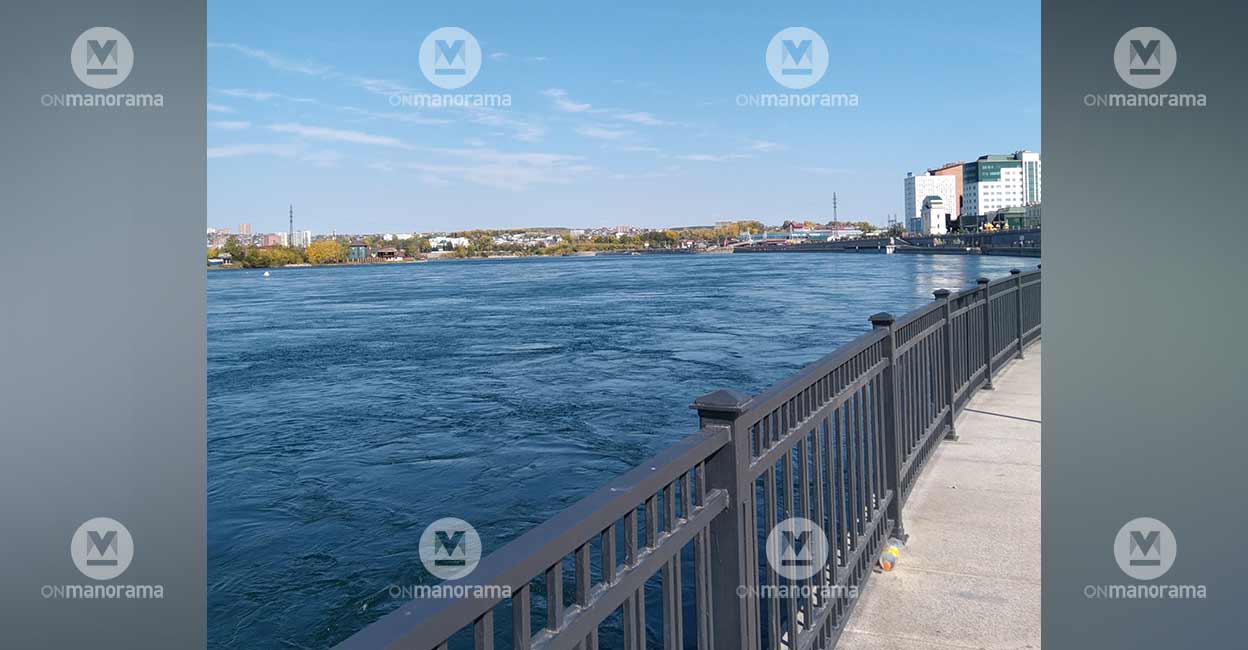
How to reach
You can reach Irkutsk either by plane or by train along the Trans-Siberian railway. Irkutsk International Airport and the Irkutsk railway station are very close to the city centre. Moscow to Irkutsk train ride lasts about 4 days.
Irkutsk is 5 hours ahead of Moscow Time. Other Siberian cities, including Krasnoyarsk, Yakutsk and Novosibirsk, too have air connectivity, but flight disruptions and delays are to be expected as winter advances.

